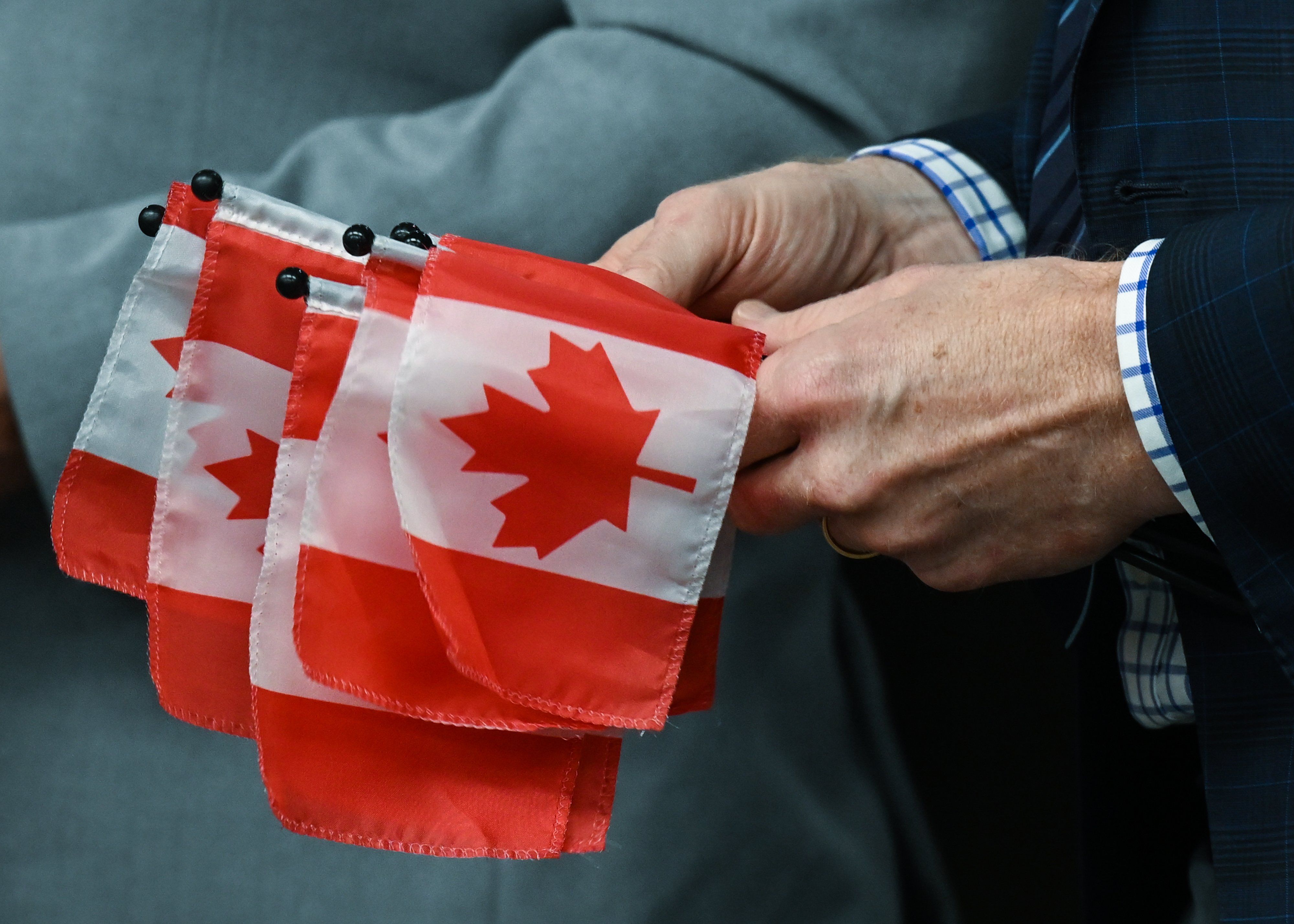While political tension around immigration in Canada is nowhere near as intense as in Washington, there are signs that may soon change. Canadians’ traditionally strong support for high levels of immigration is slipping, according to a long-running tracking poll, putting pressure on Ottawa to stop letting so many people in.
Forty-four percent of Canadians now think that levels are too high, up from 27% last year, the largest change in sentiment that pollster Environics has observed in more than 40 years of tracking the issue.
The Trudeau government has dramatically increased immigration numbers, last year announcing plans to admit as many as 500,000 people, up from 300,000 a year when Trudeau took power in 2015. Those numbers are on top of record numbers of foreign students, temporary foreign workers, and an unknown number of undocumented workers.
There has long been a broad consensus in Canada about the economic benefits of immigration, but as housing becomes more costly – a recent report says Canada needs 3.45 million new homes – the consensus is eroding. Housing costs have skyrocketed and are expected to get worse. Increased borrowing costs are causing “payment shock” when mortgages come up for renewal and are also making new housing projects more expensive for developers.
On Wednesday, Immigration Minister Marc Miller revealed that the Canadian government intends to stop increasing the number of newcomers, leveling them out at 500,000 a year. Miller said earlier in the week that Canada would pay an economic price if it reduced immigration levels.
Under pressure from the opposition Conservatives, Justin Trudeau’s Liberals are scrambling to convince municipalities to ease zoning restrictions and get more housing built, but it is not going to happen fast enough to deal with the crunch.
Compared to the United States, Canada’s immigration debates tend to be muted because all parties rely on new Canadian voters to win elections. Almost a quarter of all Canadians were born in another country, compared with just 14% in the United States. That means that anti-immigrant messages are electorally risky.
There are also not the same kind of worries about massive numbers of illegal immigrants as in the United States, where Republicans are putting steady pressure on Joe Biden to do more to stop migrants along the southern border. That ongoing headache may soon get worse for the US president, as a caravan of 7,000
heads to the border.
